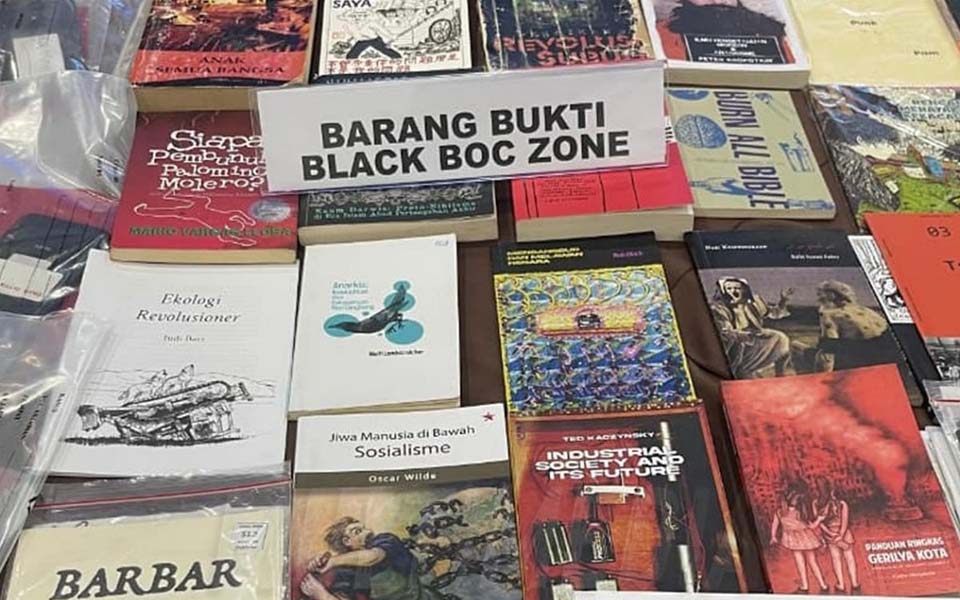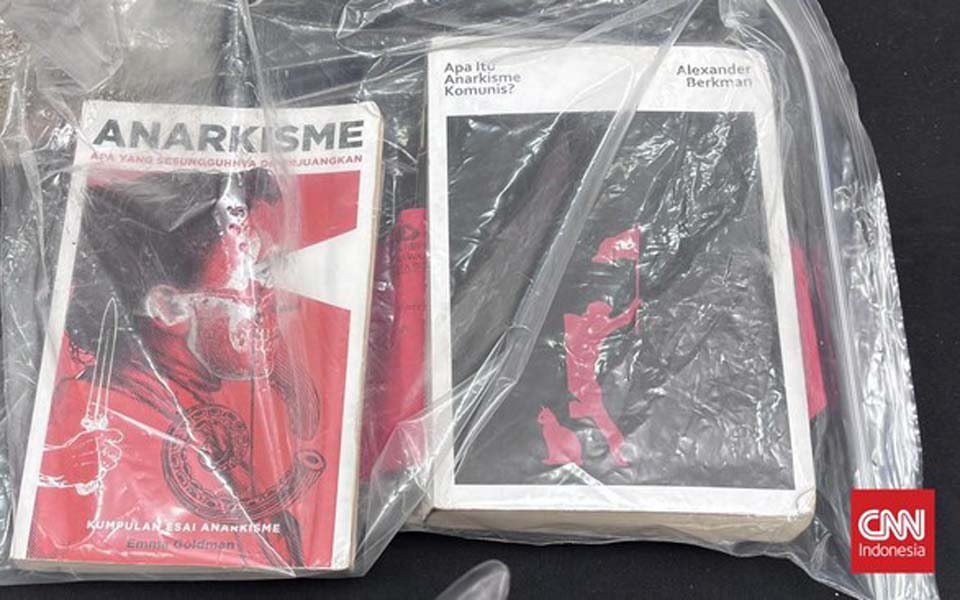Vitorio Mantalean, Jakarta – The Jakarta Legal Aid Foundation (LBH) considers the move by the Communication and Information Ministry (Kominfo) to block a number of websites and applications on July 30 to be digital authoritarianism.
Several websites and applications with high traffic levels, namely Paypal, Yahoo, Epic Games, Steam, Dota, Counter Strike, Xandr.com and Origin (EA) were blocked by the ministry on the grounds that these platforms had not been officially registered as private Electronic System Operators (PSE) based on Kominfo Regulation Number 5/2020.
The policy has been widely criticised by the public and creative workers have been directly impacted upon by the policy. As a consequence of the blocking of Paypal for example, creative workers cannot access payments for their work.
"These restrictions (the blocking) on internet sites and applications have given birth to what is referred to as authoritarianism which takes advantage of digital power in the context of controlling technology as a tool to protect the interests (digital authoritarianism) [of those in power]", said LBH Jakarta lawyer Teo Reffelsen in an official release on Sunday July 31.
"Blocking or shutting down internet sites and applications which do not fulfill the requirements is an action which can never be justified", he continued.
LBH Jakarta believes that this policy will have a serious impact on human rights, namely the right to communication and to obtain information, freedom of expression and privacy.
The policy could also violate other rights such as the right to seek a livelihood along with the right to a decent life, the right to happiness, the right to self-development and other rights.
"This blocking (restrictions on human rights) was done arbitrarily because it did not go through a court ruling so it negates the principles of transparency, justice and equal treatment", said Reffelsen.
At the very least, he said, these kind of restrictions need to be proportional and are only necessary if proven by evidence through a forum which is transparent, instead of unilaterally.
"Because of this Communication and Information Ministry Regulation Number 5/2020 on Private Electronic System Operators has no legitimacy in accordance with standards and mechanisms for blocking internet sites and applications", said Reffelsen.
The policy is also problematic in substantial terms because it allows for direct intervention by ordering platforms to remove content on the pretext that it creates social unrest or disturbs public order, without any standard definition of this.
This unilateral subjectivity could have an impact on violations of freedom of opinion and expression, along with the right to communicate and obtain information. Moreover, according to a 2001 Google report, Indonesia is the country with the most requests to remove content.
"Worse still, Communication and Information Ministry Regulation Number 5/2020 on Private Electronic System Operators is also problematic because there are stipulations which could violate privacy on the grounds of surveillance and law enforcement", he added.
"Because of this, these stipulations have the potential to become instruments of state control which are excessive in digital space by blurring the grounds for removing content", he added.
Specifically in the case of Paypal, Kominfo has temporarily removed the block until August 5 so that users can transfer their money. The blocking of Paypal was considered irregular because it had earlier registered as a PSE.
[Translated by James Balowski. The original title of the article was " LBH Jakarta: Pemblokiran Paypal hingga Steam Bentuk Otoritarianisme Digital".]















